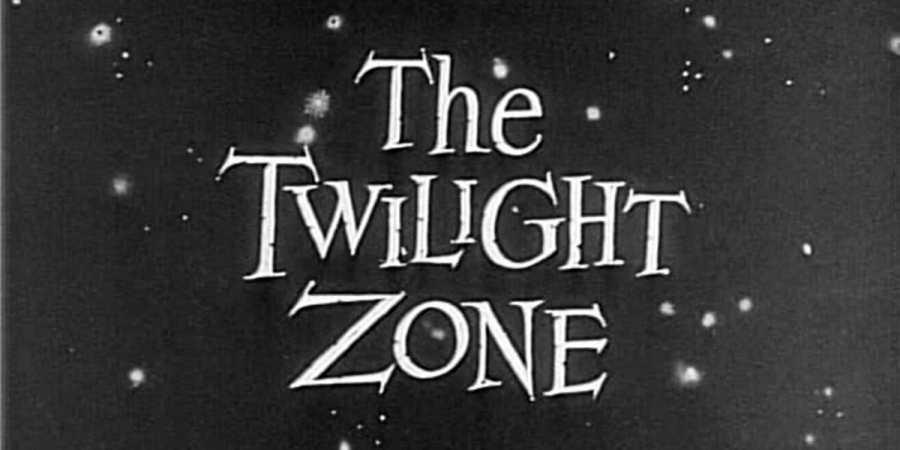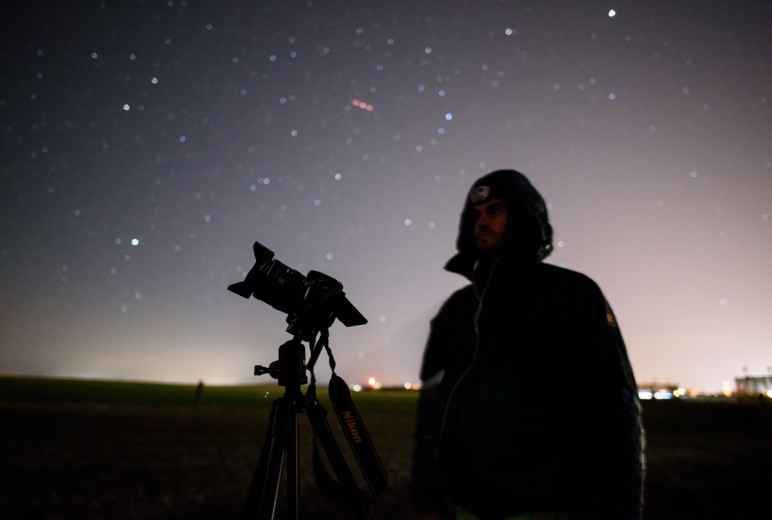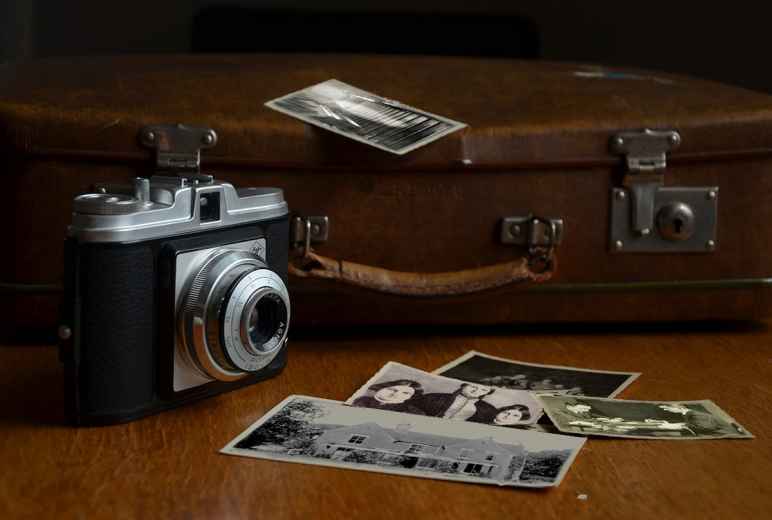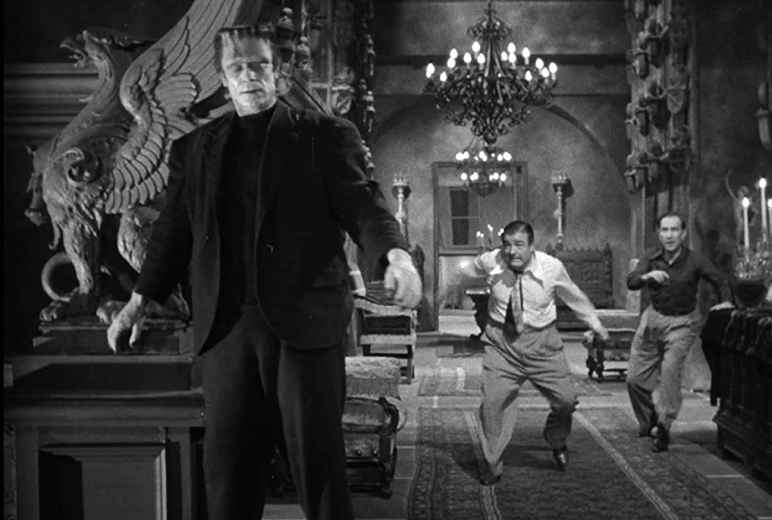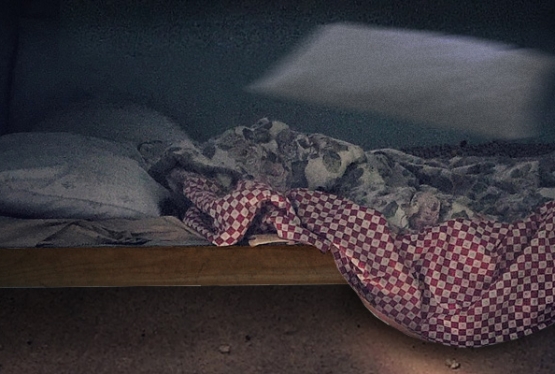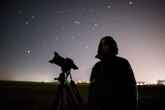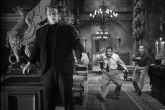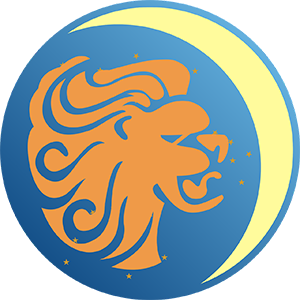1601
While not pop culture in the contemporary sense, Shakespeare's 'Hamlet' set early standards for the inclusion of the supernatural in storytelling. The character of King Hamlet's ghost not only served as a pivotal plot point but also became a prototype for future fictional ghosts. Its themes and characters continue to be adapted and reinterpreted, showing the play's lasting influence on modern takes on the paranormal.
1843
Charles Dickens' 'A Christmas Carol' introduced the world to the ghosts of Christmas Past, Present, and Yet to Come, placing the paranormal squarely within the realm of social commentary and domestic life. Its wide array of adaptations, including the beloved 'The Muppet Christmas Carol', highlights the story's timeless appeal and its role in making the supernatural accessible and relevant across generations.
1934
The radio programme 'Lights Out' kicks off, offering horror and supernatural stories to a wide listening audience.
1936
Renowned paranormal investigator Harry Price conducts what is believed to be the first-ever live broadcast of a paranormal investigation. Broadcast nationally on BBC radio, this event marks a significant moment in bringing the subject of paranormal activity into public discourse.
1959
'The Twilight Zone' aired for the first time. This groundbreaking TV series introduces a mixture of science fiction, horror, and paranormal elements.
1964
The American television series 'The Munsters' introduced audiences to a family of friendly monsters living in a suburban setting. The show played on various monster myths, blending the macabre with situational comedy and thereby making the paranormal accessible and humorous for a mainstream audience.
1964
'Bewitched' featured a witch married to an ordinary man, grappling with how to balance her magical abilities with her desire for a 'normal' domestic life. The show used humour to explore cultural anxieties around the 'ideal' family, all while incorporating magical and supernatural elements.
1965
'The Addams Family', the iconic American series broke new ground by presenting a family deeply fascinated by the macabre and the occult. Yet, despite their odd interests, they were portrayed as loving and functional. The show became a cultural touchstone for humour intersecting with the paranormal and inspired numerous adaptations and revivals.
1969
British private detective series, 'Randall and Hopkirk (Deceased)' brought the paranormal into the realm of detective fiction, with its supernatural twist... one of the main characters is a ghost.
1972
The BBC television play 'The Stone Tape' not only captivated audiences with its supernatural thriller storyline but also gave birth to the "Stone Tape Theory." The concept proposes that emotional or traumatic events can be 'stored' in material environments and 'replayed' under certain conditions, a theory still discussed in paranormal circles today.
1973
'The Exorcist' is released setting a precedent for horror and paranormal cinema, sparking debates on the reality of demonic possession.
1977
'Children of the Stones' first aired in the UK, targeting children with themes of magic and ancient powers. The show delved into the mysteries surrounding standing stones, subtly introducing young audiences to ideas of the supernatural, folklore, and the unexplained.
1980
Based on Stephen King's novel, 'The Shining' directed by Stanley Kubrick became one of the most iconic films in the genre. It explored themes of psychic abilities and haunting, setting a new bar for atmospheric dread in paranormal storytelling.
1982
Stephen Spielberg's 'Poltergeist' brings the horror of hauntings into family homes, capturing the imagination of audiences worldwide.
1984
Anchored by its comedic brilliance and special effects, 'Ghostbusters' was more than just another film, it became a cultural phenomenon. The movie provided a lighthearted look at ghost-hunting rooted in Dan Aykroyd's very real interest in the paranormal. Not only did it become a box office hit, but it also spawned animated series, video games, and sequels, solidifying its status as a cornerstone in both film history and popular representations of the paranormal.
1984
Featuring a voice-over by horror legend Vincent Price, Michael Jackson's song 'Thriller' and especially its legendary music video explored themes of horror and the supernatural, becoming one of the most iconic pieces of pop culture ever.
1985
'Ghost Castle' was a family-friendly board game featuring a haunted castle, spooky traps, and a wandering ghost, 'Ghost Castle' captured the imagination of kids in the '80s and '90s. It offered a safe, playful introduction to the paranormal, showing how these themes have appeal across all age groups.
1989
This British children's television programme 'Ghost Train' incorporated spooky elements into Saturday morning entertainment, helping to cultivate a younger audience's interest in the paranormal.
1992
'GhostWatch' fools many British television viewers into believing they are watching real paranormal activity, leading to its own sort of infamy and discussions about media responsibility.
1992
This British sitcom so 'So Haunt Me' combined family life with a haunting in an accessible prime-time viewing slot, contributing to the paranormal's influence on the comedy genre.
1993
The 'The X-Files' airs for the first time, tackling various paranormal and unexplained phenomena, becoming a lasting cornerstone of pop culture.
1995
Point-and-click adventure horror game 'Phantasmagoria' was rich in paranormal elements. With live-action footage and a narrative full of supernatural themes, 'Phantasmagoria' became a noteworthy title that blurred the lines between interactive media and storytelling.
1996
Based on the Archie comic of the same name, 'Sabrina The Teenage Witch' blends teen drama with witchcraft, drawing a younger audience into the world of the paranormal.
1999
'The Sixth Sense' popularised the phrase "I see dead people" and turned plot twists into an art form within the paranormal genre. Its success led to a surge in movies exploring the afterlife and spiritual world.
2000
Starring Harrison Ford and Michelle Pfeiffer, 'What Lies Beneath' was notable for its blend of psychological horror and supernatural elements. It became one of the highest-grossing films of the year and was especially popular for its jump scares and intricate storyline.
2002
'Most Haunted', the British paranormal reality TV show hosted by Yvette Fielding paves the way for paranormal investigations on television.
2002
The Japanese horror 'Ju-on: The Grudge' gained such a significant following that it sparked an American remake, 'The Grudge', in 2004. Both versions explore the vengeful spirits trope, offering a cross-cultural perspective on paranormal fears.
2004
'Ghost Hunters' tapped into the public's growing fascination with the supernatural, as Jason Hawes and Grant Wilson gave viewers a behind-the-scenes look at what goes into investigating haunted locations.
2005
The long-running American TV series 'Supernatural' premiers, exploring themes from demon hunting to angelic warfare, captivating audiences with its mix of drama, horror, and the paranormal.
2007
The low-budget film 'Paranormal Activity' relied on found footage to tell its story, offering a fresh, pseudo-documentary approach to the horror genre. Its financial success led to numerous sequels and cemented the found footage style as a horror mainstay.
2010s
In the early 2010s, the rise of social media platforms like YouTube and later TikTok made it easy for anyone to share their own ghost-hunting videos and paranormal experiences. This wasn't just a space for experts, regular people got in on the action too. This shift really changed the way we talk about and enjoy the paranormal, with many amateur shows being considered more credible than those on television.
2010
'Insidious' reinvigorated the haunted house sub genre with its exploration of astral projection and demonic possession. The movie received critical acclaim and commercial success, leading to several sequels.
2013
The first movie in the 'The Conjuring' series premiered in 2013, claiming to be based on real-life events, capturing a new wave of believers while inviting skeptical scrutiny.
2016
'Stranger Things' became a cultural phenomenon, blending 80s nostalgia with elements of the paranormal and supernatural, particularly the concept of parallel dimensions.
2019
The BBC's comedy series 'Ghosts' offers a lighthearted take on the idea of hauntings, showing that the paranormal can also be a source of humour and everyday inconveniences.
